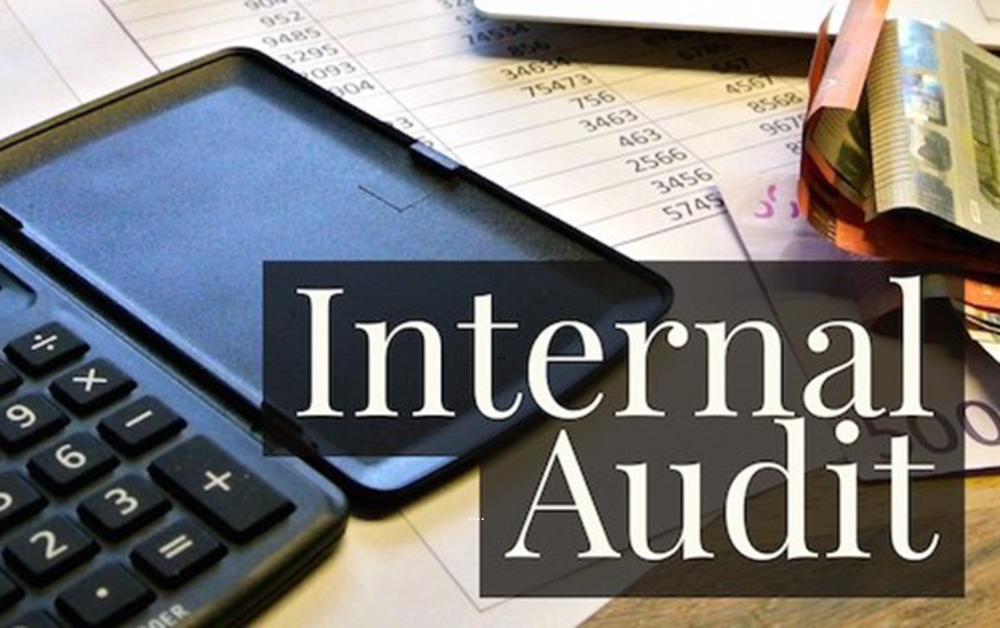How to Choose a Reliable Auditor in the UAE: A Business Owner’s Guide

As you run a business successfully in the UAE, you must maintain transparency and financial integrity. Whether you are a startup in Dubai or a long-established business in Abu Dhabi, auditing is at the heart of ensuring compliance, strengthening investors' trust, and enabling judicious financial management. Choosing the right auditor is not just a legal requirement but a strategic decision that can influence your business's reputation and long-term success. This guide will walk you through the key considerations and steps to choose a reliable auditor in the UAE.

Why the Right Auditor Selection Matters
Before we dive into the selection, it is essential to understand why choosing a reputable auditor matter:
- Regulatory Compliance: Businesses in the UAE, particularly those registered under free zones or operating onshore, must submit audited financial statements. Choosing a registered and approved auditor ensures compliance with the UAE Commercial Companies Law and the regulations of specific free zones.
- Financial Transparency: A qualified auditor helps identify discrepancies, misstatements, and fraud. They provide an accurate representation of your financial standing.
- Investor and Stakeholder Confidence: Audited financial statements prepared by UAE-authorized auditing firms give credibility to your business, making it more comfortable to attract investors, lenders, and even potential partners.
Step-by-Step Guide to Finding a Reliable Auditor in the UAE
1. Check Licensing and Accreditation
First and foremost, ensure the audit firm or the auditor himself is licensed by the UAE Ministry of Economy. For free zone companies, the auditor must also be on the specific zone's approved list (i.e., JAFZA, DMCC, or DAFZA). Verification of licensing ensures your financials are acceptable to the authorities.
2. Consider Experience and Industry Specialization
Not all auditors are created equal. Look for auditing firms in UAE with a proven track record in your industry. Whether you're in construction, hospitality, retail, or technology, an auditor with relevant industry experience will better understand the nuances of your operations and financials. This results in a more accurate and insightful audit.
3. Evaluate Reputation and References
Reputation is everything in auditing. Look for testimonials, reviews, and case studies. Ask for client referrals and ask other business owners. A firm that delivers consistently on time, accuracy, and compliance reports will be highly recommended in business networks.
4. Confirm Service Range and Technical Capabilities
Auditing is merely a part of the financial governance process. Most companies benefit from additional services such as internal audit, VAT consultancy, risk advisory, and financial advisory. A company that offers a variety of services and makes use of modern audit tools and software should be chosen.
Red Flags to Beware
There are many reputable auditing firms in the UAE, but some may not be ideally suited for your specific needs. Be wary of:
- Lack of Transparency: If a company is not transparent about its procedures, timelines, or fees, this is a red flag.
- Delayed Responses: Good auditors have good communication. Poor responsiveness in the early meetings can indicate the performance to come.
- Overpromising: Beware of companies that offer unrealistically quick turnaround times or guaranteed results. Auditing is a thorough and objective process.
Benefits of Hiring Local Auditing Firms in UAE
Hiring a local auditing firm has numerous benefits:
- Knowledge of UAE Regulations: The local firms know UAE regulations, i.e., VAT, ESR (Economic Substance Regulations), and UBO (Ultimate Beneficial Ownership) compliance.
- Familiarity with Free Zone and Mainland Requirements: They know different jurisdictions' documentation and submission requirements.
- Ease of Communication and Meetings: It is easy to communicate and conduct meetings in the same city or time zone, especially during time-sensitive financial reviews.
Questions to Ask Before Hiring an Auditor
To assist you in making a sound decision, pose the following questions during your initial meeting:
- Are you licensed and approved by relevant UAE authorities?
- How many of your clients are in my industry?
- What is your audit schedule and process?
- What software or technology do you use in the audit?
- Do you offer other financial consulting or compliance services?
- Can you give me references for current clients?
The answers to such inquiries will give you a clearer image of the firm's professionalism, competence, and suitability for your enterprise.
Value of Year-Round Involvement
Auditing does not need to be a once-a-year checklist process. Keeping in contact with your auditor year-round guarantees continuous compliance prepares you for emerging regulations, and keeps your finances in line throughout the year. Establish a long-term relationship whereby your auditor becomes familiar with your company as it evolves and expands.

Conclusion
Choosing a reputable auditor in the UAE is a crucial business choice beyond ticking a regulatory box. It affects how your business is viewed by stakeholders, regulators, and potential investors. Investigating and comparing auditing firms in UAE based on licensing, reputation, experience, and services provided.
A quality auditor is an external examiner and an invaluable adviser who gets good insights into your business's financial health. Your goal as a business owner should be to partner with an auditor who understands your business vision, maintains ethical standards, and delivers continuous value.
Hence, take this guide as your roadmap to making an informed decision that aligns with your company's growth and sustainability in the UAE business landscape.



